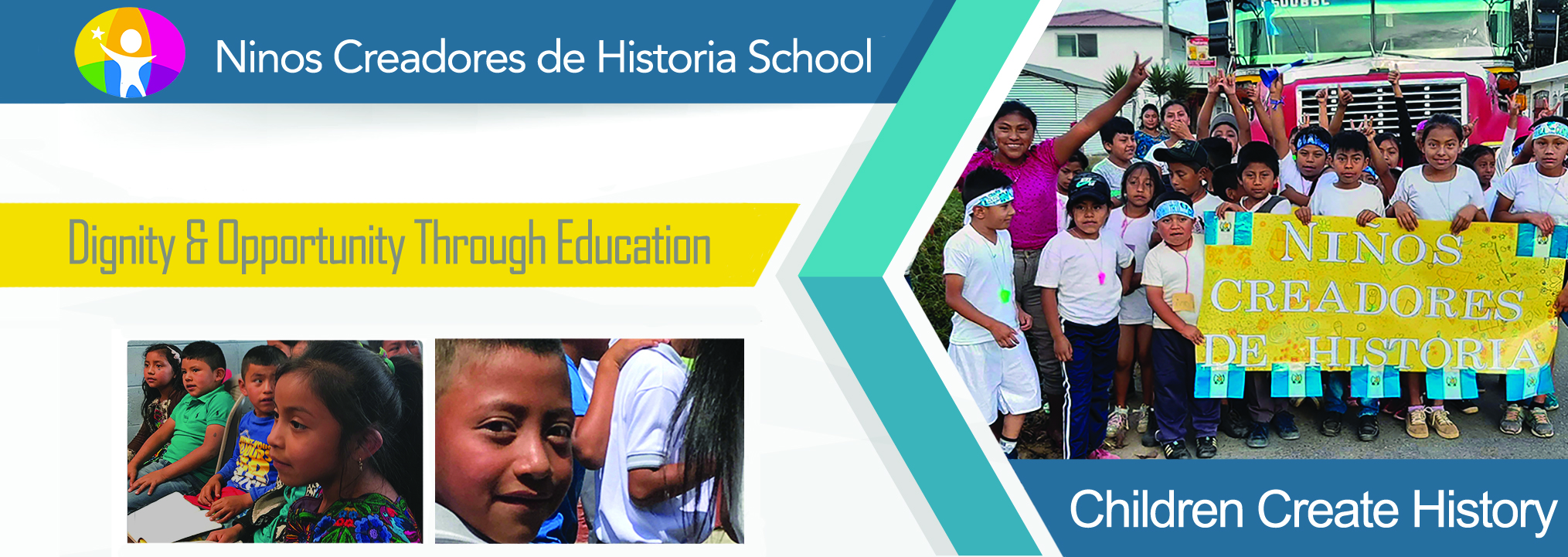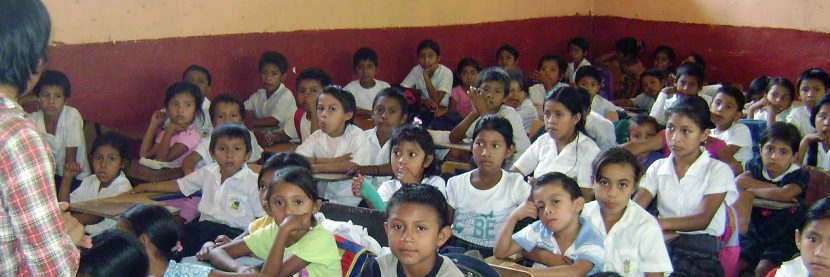Only 60% of Guatemalan Adults are Functionally Literate
Despite six years of primary education being compulsory in Guatemala, less than 60% of Guatemalans over the age of 15 are functionally literate – one of the lowest literacy rates in the Americas. Only 36% of Guatemalan students complete primary school, only 12% complete high school, and a meager 4% earn a four-year degree.
The access to, and quality of, public schooling is not equal in Guatemala. On average Guatemalans have only six years of schooling. Indigenous (primarily Mayan) people, who make up about 42% of the population mostly residing in poor rural areas, fare much worse with only about three years of schooling.
Indigenous students complete less schooling because of their higher poverty rate and the fact that many indigenous children are not fluent in Spanish, the language used in public schools.
Guatemala’s Spending on Education is One of the Lowest in the World
In 2007, the country spent less than 2% of its GDP on public education, of which its primary schools received less than half.
With more than half of Guatemalans living below the poverty line, it is hard for children, especially indigenous children, going to school to afford the cost of uniforms, books, supplies and transportation – none of which are supplied by the public school system.
Poor Children Need to Financially Support Their Family
With the heavy weight of poverty, many parents conclude that their child’s time spent in school could be time better spent working to sustain the family. Guatemalan families are large with an average of six children.
Many students drop out starting at age twelve to work and financially support their family. Poverty is the main deterrent to schooling; being poor and living in a rural area also increases the odds that a child will not complete school or simply not enroll in school at all.
Guatemala’s Generational Education and Poverty Crisis
John Edwards of Tulane University stated in his “Education and Poverty in Guatemala” report: “Here are the facts, schooling is the most significant determinant of a Guatemalan child’s potential income, and that child’s parent’s income and education are the most significant determinants of that child’s schooling.”
Until the cycle of poor education is broken in Guatemala, poverty and illiteracy will beget poverty and illiteracy for generations to come.


